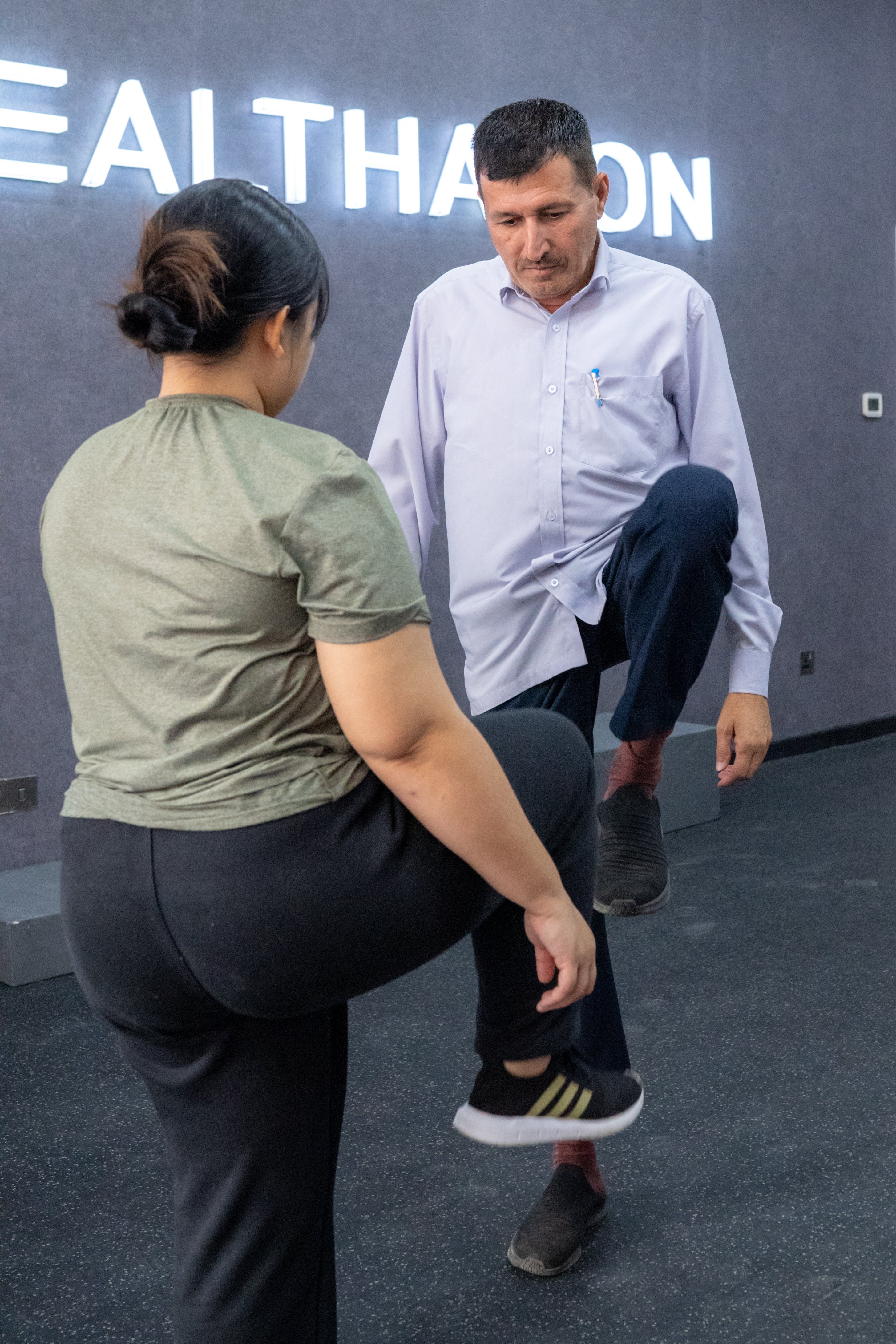Dizzy Spells? It Might Be Vertigo
Have you ever stood up and suddenly felt like the world is spinning—even though you’re standing still?
That unsettling, whirling sensation may be vertigo, a common condition that affects people of all ages and can interfere with daily life.
What Is Vertigo?
Vertigo is a type of dizziness where you feel as if you or your surroundings are spinning or moving, even when everything is still.
This sensation can last a few seconds, several minutes, or—even in some cases—hours.
Vertigo often comes with symptoms such as:
- Nausea or vomiting
- Difficulty maintaining balance
- Headaches
- A sensation of “fullness” or pressure in the ear
One of the most common causes is BPPV (Benign Paroxysmal Positional Vertigo).
This happens when tiny calcium crystals inside the inner ear shift out of place and interfere with the body’s balance system. Even small head movements can trigger dizziness.
How Physiotherapy Helps With Vertigo
You might not expect it, but physiotherapists—especially those trained in vestibular rehabilitation—play a major role in treating vertigo effectively and safely.
Here’s how physiotherapy helps:
1. Repositioning Maneuvers (for BPPV)
For BPPV, physiotherapists use specialized techniques such as the Epley maneuver, a series of gentle head and body movements designed to guide displaced inner-ear crystals back to their correct position.
These maneuvers often provide immediate relief, with many people feeling improvement after one or two sessions.
2. Balance & Gaze Stability Training
Vertigo can make people feel unsteady or hesitant to move.
Vestibular physiotherapy uses targeted exercises to:
- Improve balance
- Stabilize vision during movement
- Retrain the brain to adapt to motion
- Reduce dizziness triggers
These exercises help restore confidence and reduce the fear of sudden spinning episodes.
3. Strengthening & Neck Mobility Work
In some cases, vertigo may be worsened by neck tension, muscle tightness, or poor posture, especially in people who sit at desks for long hours.
Physiotherapy can help by:
- Improving neck mobility
- Releasing tight muscles
- Correcting posture
- Strengthening supporting muscles around the neck and upper back
This helps reduce dizziness that may be associated with neck strain or restricted movement.
Don’t Wait for Vertigo to Go Away on Its Own
Many people try to “wait it out,” but vertigo often persists or returns without proper treatment.
Early intervention is important—especially if dizziness affects your daily routine, balance, or ability to move comfortably.
Physiotherapy is a safe, drug-free, and effective option for treating vertigo.
With targeted assessment and customized exercises, many individuals experience significant improvement in a short time.















